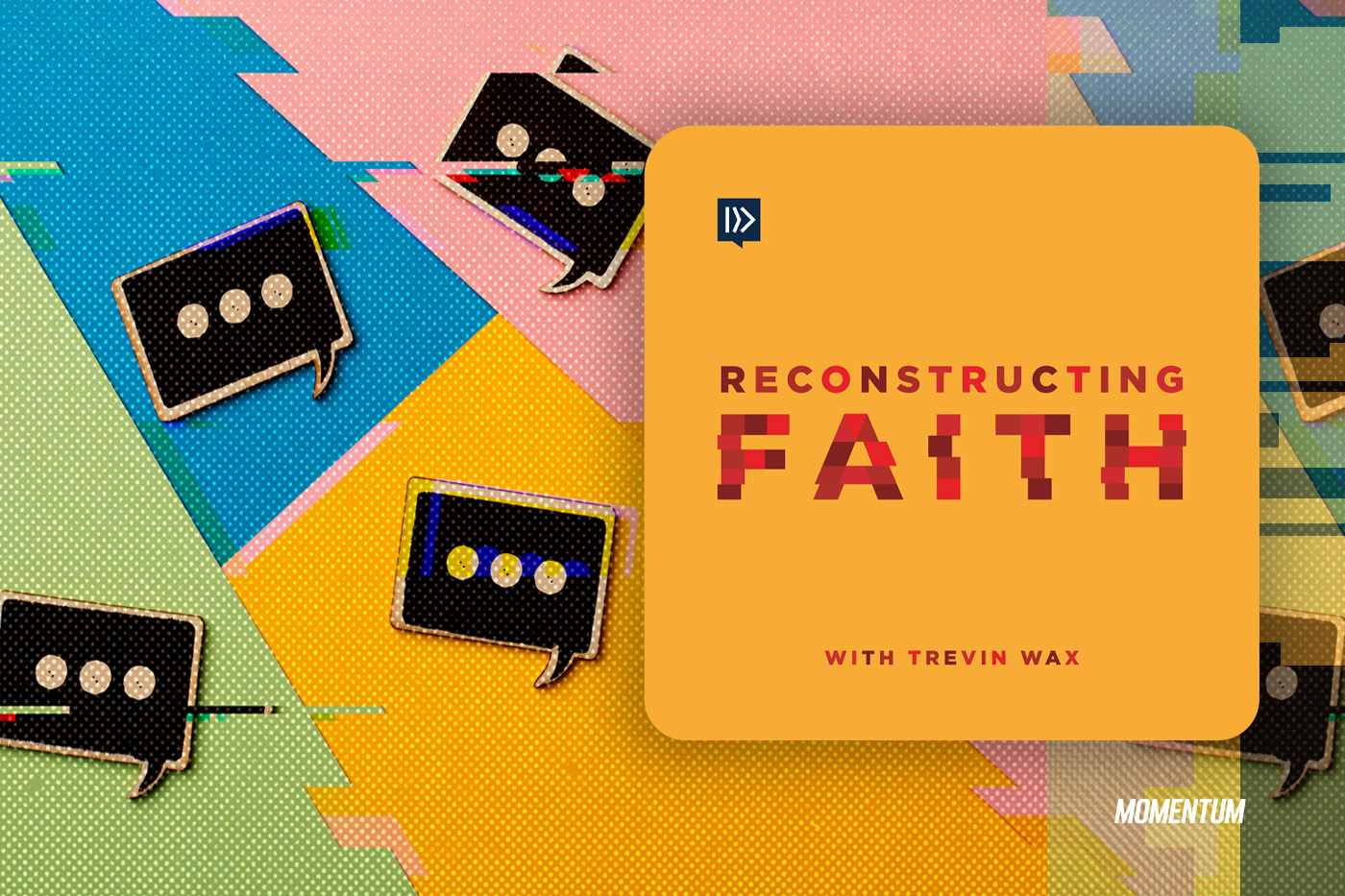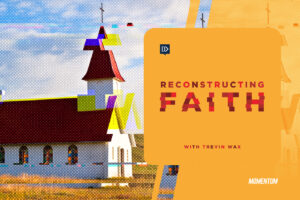How to use this content- Though this content is different than Momentum’s normal publication, we want to encourage your ministry team to listen to this thought-provoking podcast and use the enclosed talking points to develop a plan to engage those who are deconstructing their faith.
In this episode, Trevin Wax, vice president of research and resource development at the North American Mission Board, tackles an issue that has its roots in an evil named partiality (James 2), particularly as it relates to racial injustice, racial disparities, racial prejudice, and discrimination. Trevin reminds us how we cannot avoid this challenge and must address it, if we believe that God is glorified in our diversity in His kingdom. Below are some questions that arose from listening to the podcast that we hope these questions will help you continue to think through this issue.
As we reflect on the complexity of political and cultural powers, we must ask ourselves if we are living on the right side of history. Can the Holy Spirit in us do anything good even with all the powers at play? How do we help each other reflect on figures like George Whitefield (a vital evangelical figure) where he justified slavery for good?
From history, we can see that the evangelical church and denominations were divided about this issue, much like today. What were some factors that contributed to this division (different interpretations of scripture, economic reasons, cultural pressures, etc.)? How can we be different and better in our day?
Trevin points out two general approaches that our culture attempts to address this issue. There is a color-blind approach where the issue is reduced to an “interpersonal conflict, an individual’s sin of prejudice and partiality” leading to a denial of race or minimizing the differences of race while the other is an anti-racism approach where “racial injustice [is] primarily systemic and all-pervasive structure of oppression dividing the world into rigid categories of an oppressor and a victim.”
As ministers how do we avoid getting into one of these extremes? How do we help the people we lead and oversee discern these approaches and formulate a biblical one within their context?
How do we proceed to discuss our differences, and still pursue love, peace, and unity as the body of Christ?
George Yancey, Professor of Sociology at Baylor University, mentioned how he would be the first to admit that “things are not as bad as they used to be… We are no longer arguing as we once did about whether or not African Americans and Hispanic Americans are fully human… we are arguing as to what is fair in our society given our horrendous spiritual past.”
We can imagine how the processing of our history emotionally affects those who are the descendants of those injustices and how experientially things may have not changed. How do we minister to those who are personally, emotionally, and spiritually broken over the past and the recent atrocities of today and help them to overcome this deep wound? How do we proceed to discuss our differences, and still pursue love, peace, and unity as the body of Christ?
Pastor Greg Perkins, pastor of The View Church and Western Region director for the National African American Fellowship of the SBC pointed out how barriers of all kinds (cultural, misunderstandings, perceptions, etc.) has divided the Southern Baptist family on this issue of race, but one of the ways we can overcome these barriers is to be kingdom minded and to “get over ourselves” on this issue.
This requires a broken heart, contrite spirit, humility, and repentance. I’m sure that in recent times bridges have been burned between relationships and the attempt to construct bridges and relationships have been put on hold for this issue. But if God’s will for His church is to be a global people (persons from every tongue, tribe, and nation -Rev 7:9), how do we fulfill that with this issue at hand? How do we make disciples in this frontier where racial reconciliation is a sensitive topic? Can this issue highlight the gospel in such a way, that God can use it to build His kingdom?
Content used with permission by Trevin Wax (Vice President of resources and research at North American Mission Board- NAMB)





